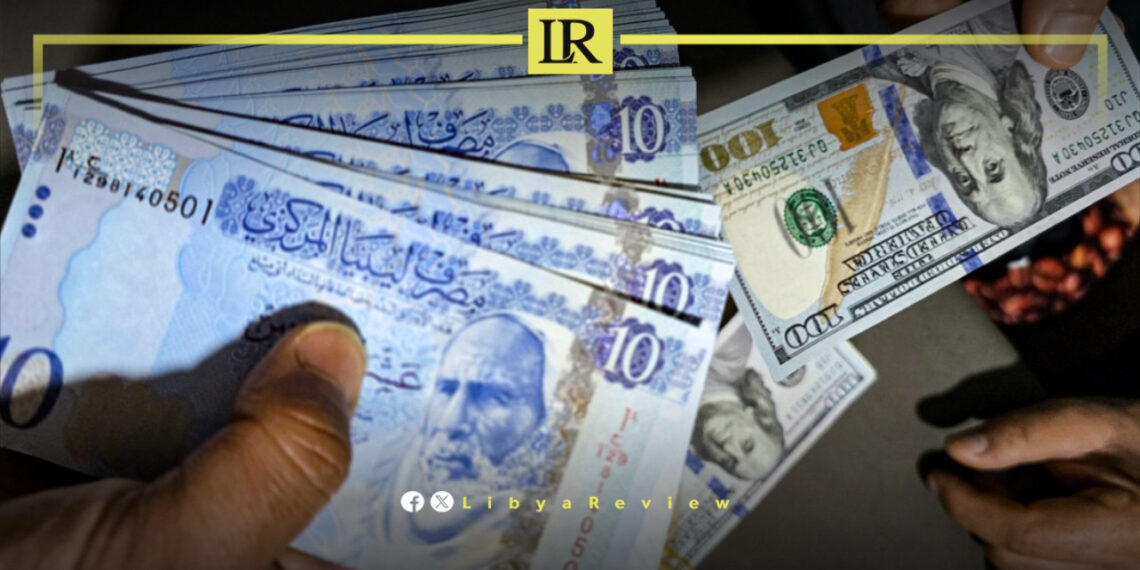On Saturday, the International Crisis Group called on the United Nations Security Council to urgently revise the sanctions regime placed on Libya’s sovereign wealth fund, warning that continued restrictions are stifling Libya’s economic recovery and depriving its citizens of crucial national resources.
In its latest report titled “Frozen Billions: Reforming Sanctions on the Libyan Investment Authority,” the Crisis Group highlighted how the UN-imposed asset freeze, first established in 2011, continues to prevent the Libyan Investment Authority (LIA) from actively managing or reinvesting its estimated $70 billion in assets.
Despite the collapse of Muammar Gaddafi’s regime more than a decade ago, at least half of the fund’s holdings remain inaccessible under the current sanctions framework.
The report acknowledges that the Security Council introduced limited reforms in January 2025, allowing for partial reinvestment of liquid assets. However, the Crisis Group emphasized that these measures fall far short of what is needed to revitalize the fund and aid Libya’s fragile economy.
The organization urged the Security Council to adopt broader changes, including permitting the reinvestment of non-cash, low-risk assets. It also proposed the creation of an internationally supervised mechanism, potentially managed by the UN or the World Bank, to oversee the responsible administration of certain portions of the frozen assets, ensuring protection against corruption and mismanagement.
In addition, the Crisis Group called on the LIA to significantly enhance transparency and governance. It is recommended that the fund fully comply with the Santiago Principles governing sovereign wealth funds and regularly publish detailed reports on its asset holdings and investment performance to restore trust within the international community.
The report warned that maintaining the existing sanctions in their current form, amid Libya’s persistent political divisions and postponed elections, risks leaving the country’s wealth frozen indefinitely without just cause.
Without urgent adjustments, billions of dollars that could otherwise stimulate Libya’s economy and support its citizens will remain locked away, exacerbating economic stagnation and delaying national recovery.
While emphasizing the need to safeguard Libya’s resources from political exploitation, the Crisis Group argued that sensible, transparent reinvestment could help stabilize Libya’s financial foundations and provide meaningful benefits to its population after years of conflict and instability.


